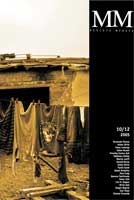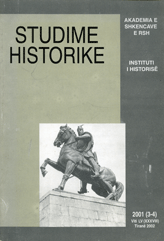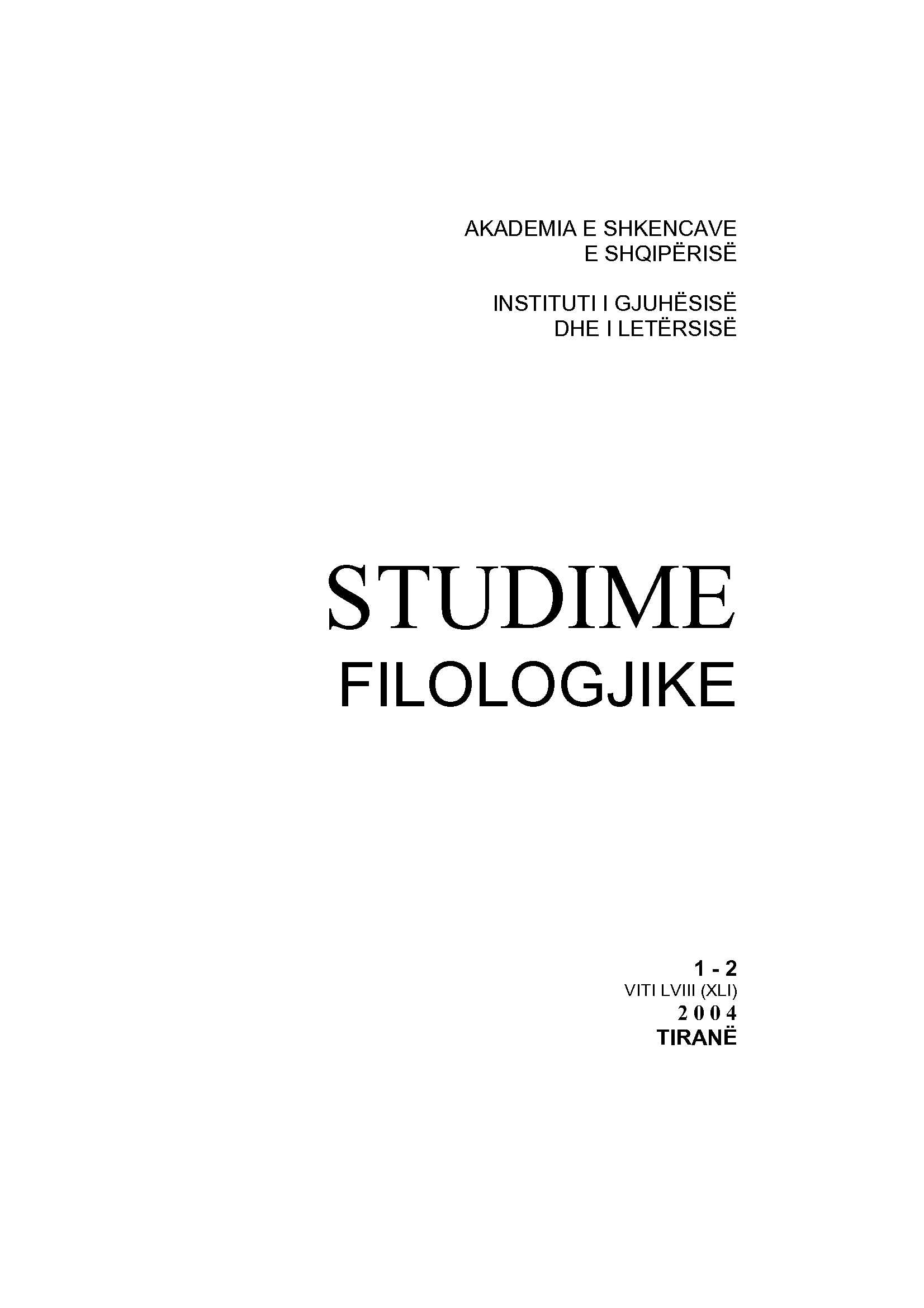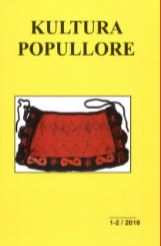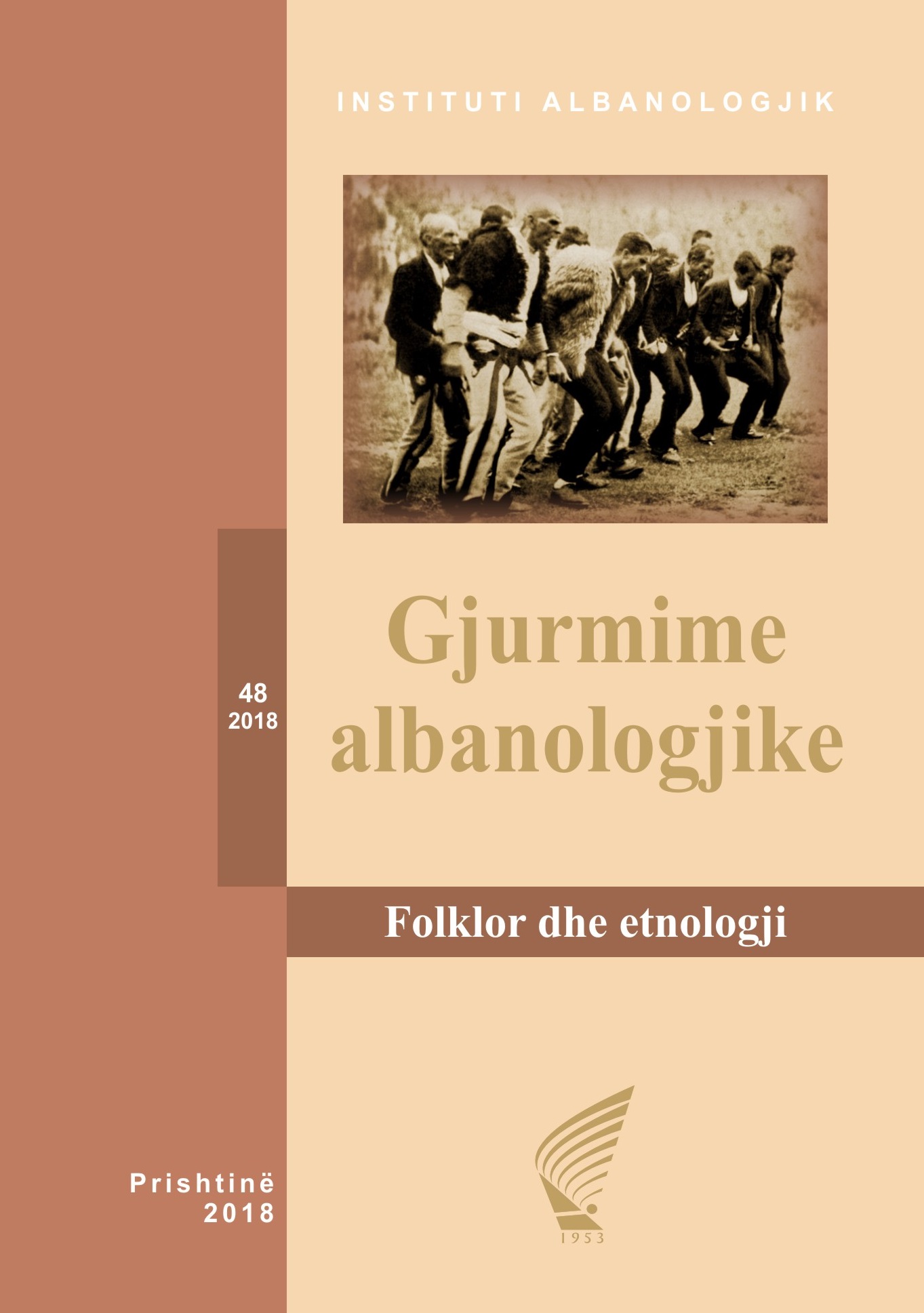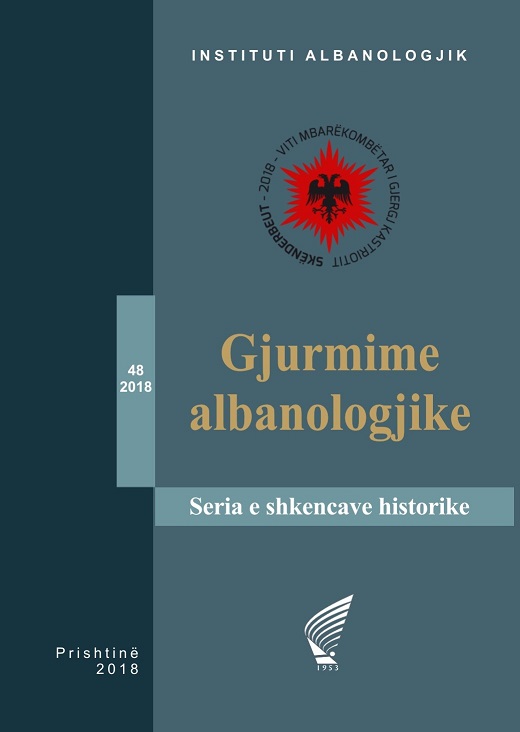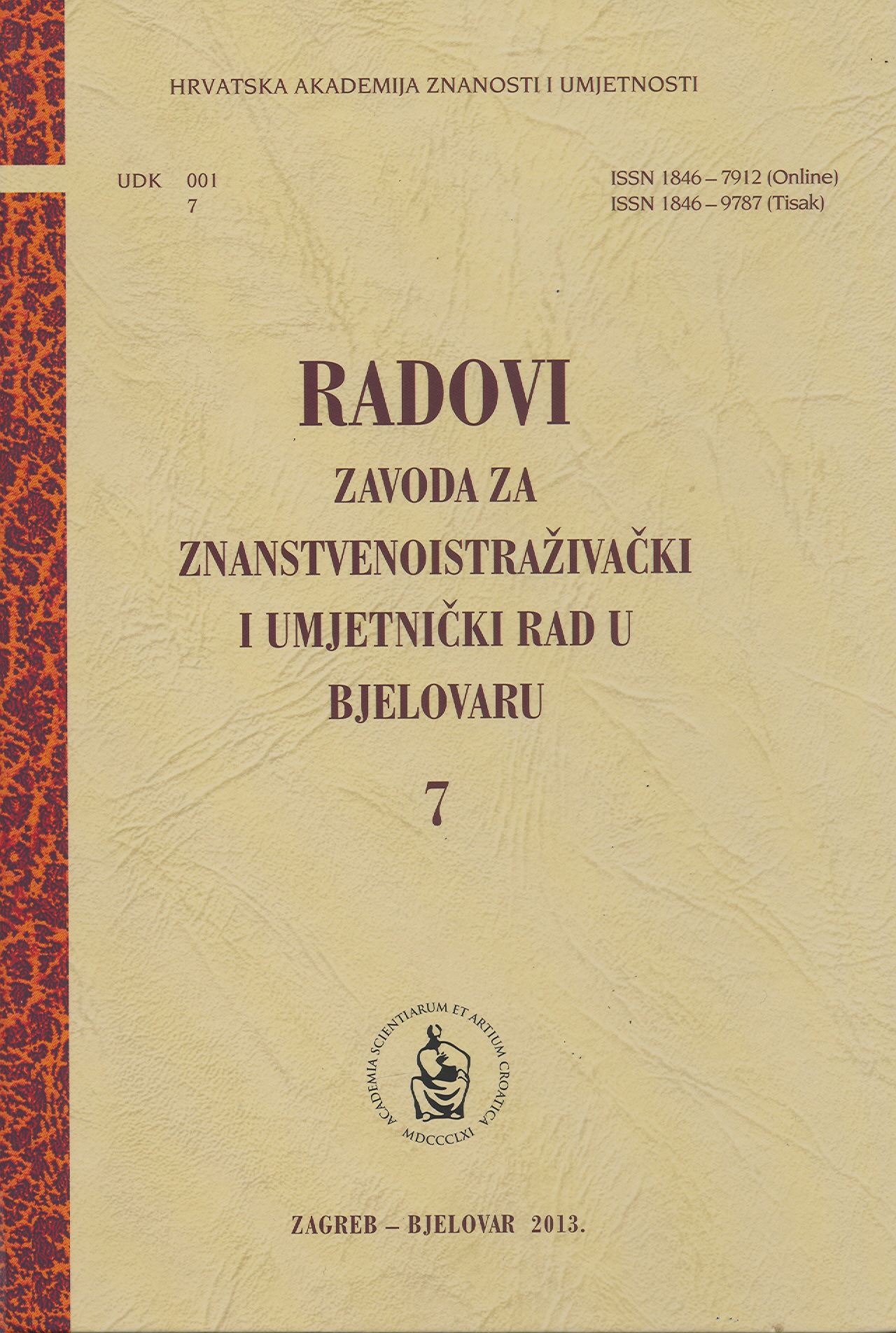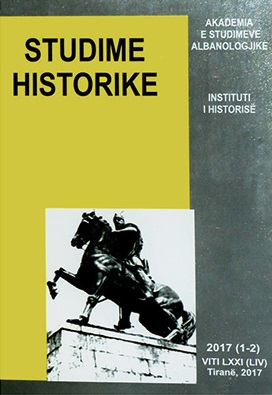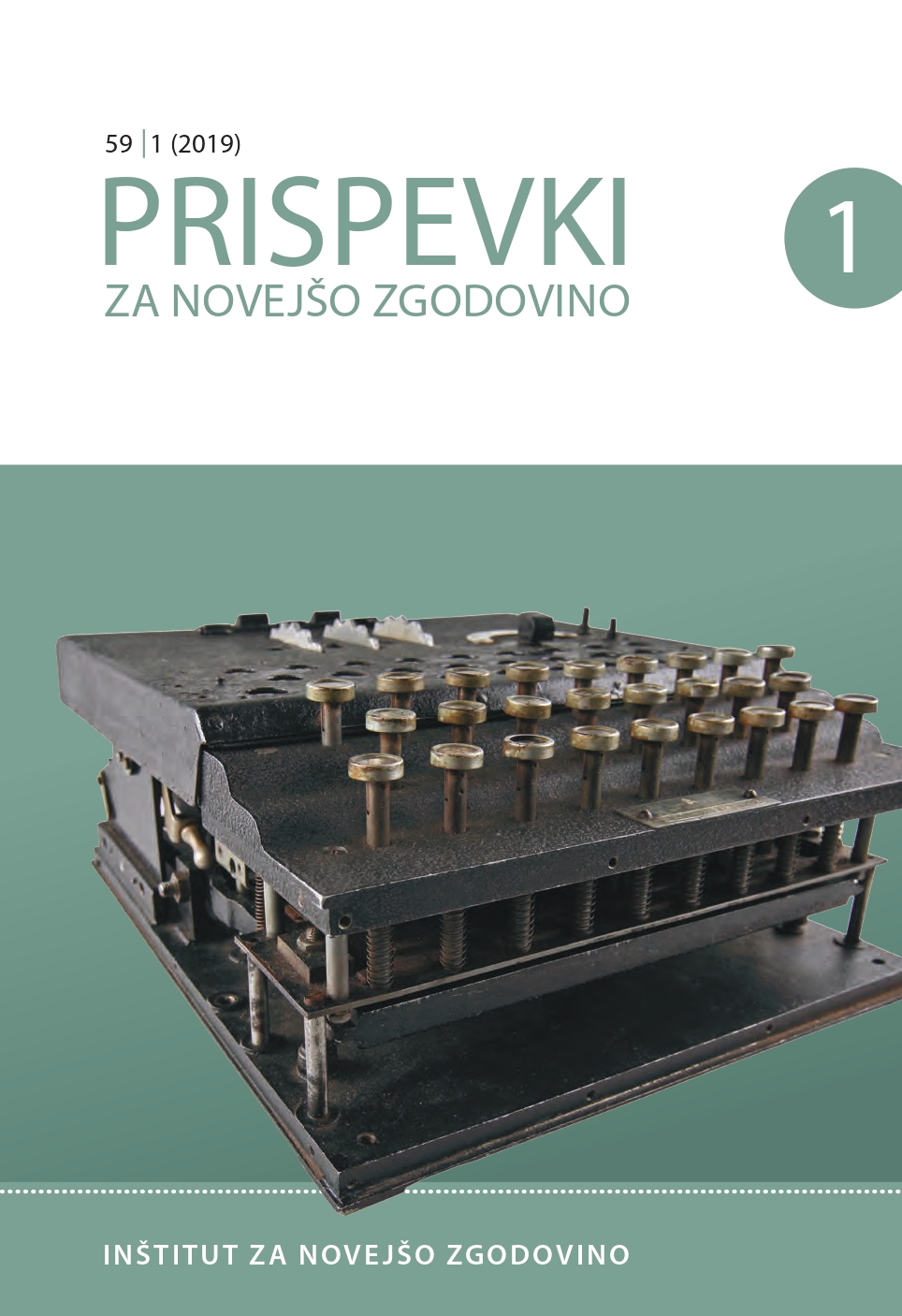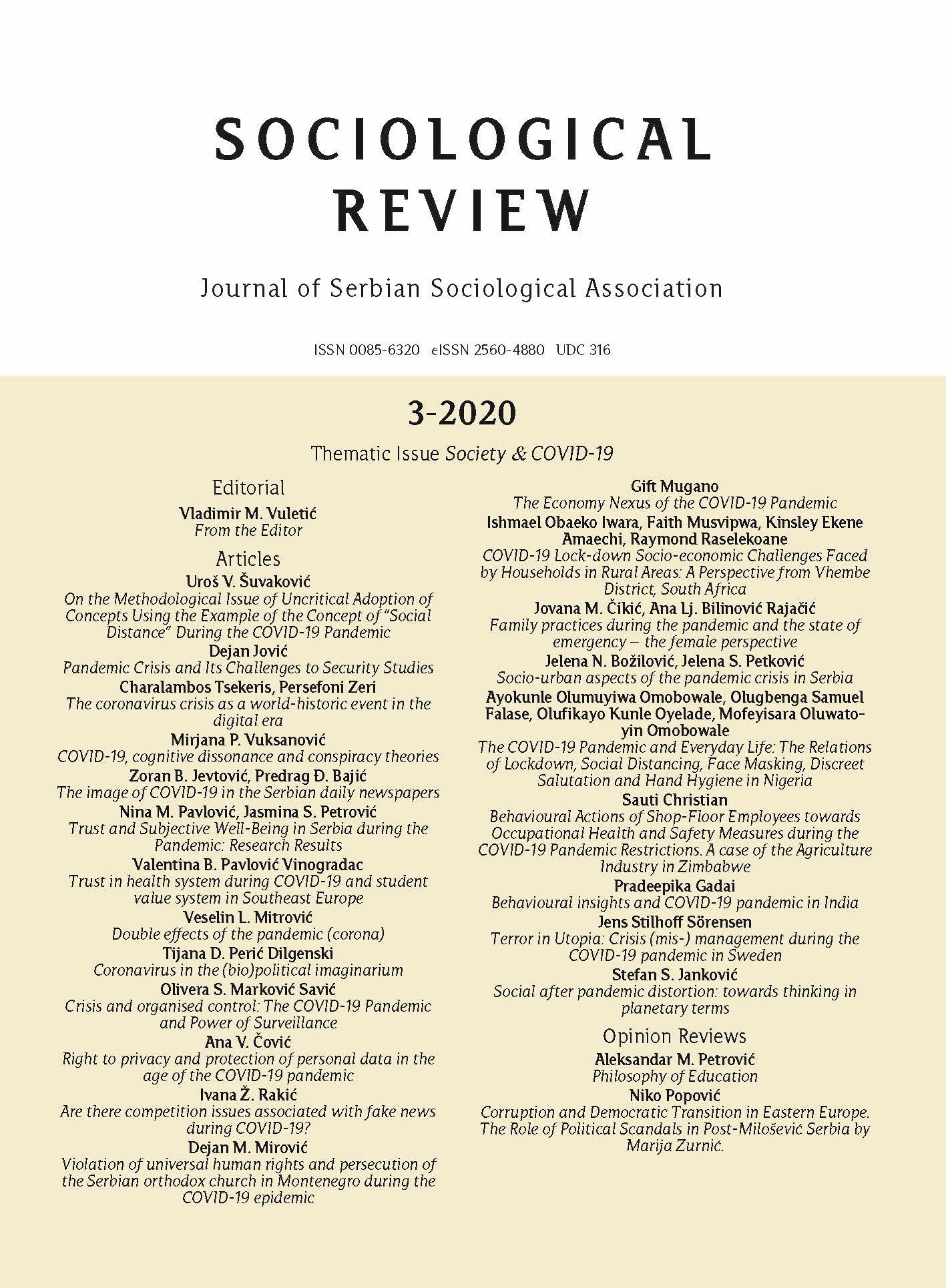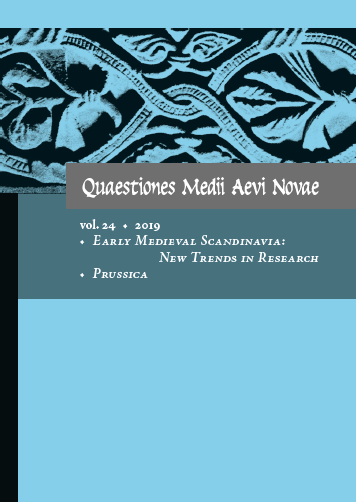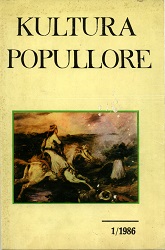TË HUAJT PËR FIGURËN E ALI PASHË TEPELENËS
Author(s): Veli Veliu / Language(s): Albanian
/ Issue: 40/2010
Keywords: FOREIGNER ON THE FIGURE ; ALI PASHË TEPELENA ; historical circumstances
Because of known historical circumstances, during the years 1797-1814, in the Pashalik of Janina stayed numerous travel writers, diplomats and other writing persons from Wsetern Europe, mainly from France and England. In addition, they were gereatly interested for Ali Pashë Tepelena as person and diplomat. Therefore, the latter took place in numerous of their works in the shape of biographies, memoirs and similar. Based and inspired in them, from that time until nowa-days, same from the people of this region, were written numerous biographic works, and besides them also some simple literary works such as: poems, comedies, novels, operetta, etc. However, in the latter ones, same as in previous ones, Ali Pasha was presented in as depre-ciatory, orientalist and comic way as possible, as: “an oriental bar-barian despot”, “a bloody Muslim ruler who hates anything Christian”, “ a cruel, vindictive, merciless and immoral Pasha” etc. Few are the authors who quibbled from this tendency. The reasons and causes why was he presented in such a way are numerous. In this account we have attempted to disclose all of them, and in this way, to put off of his figure, as much as possible, all what has been in certain purpose said, unfairly attributed, or, in other words, to present him as he was in reality.
More...
